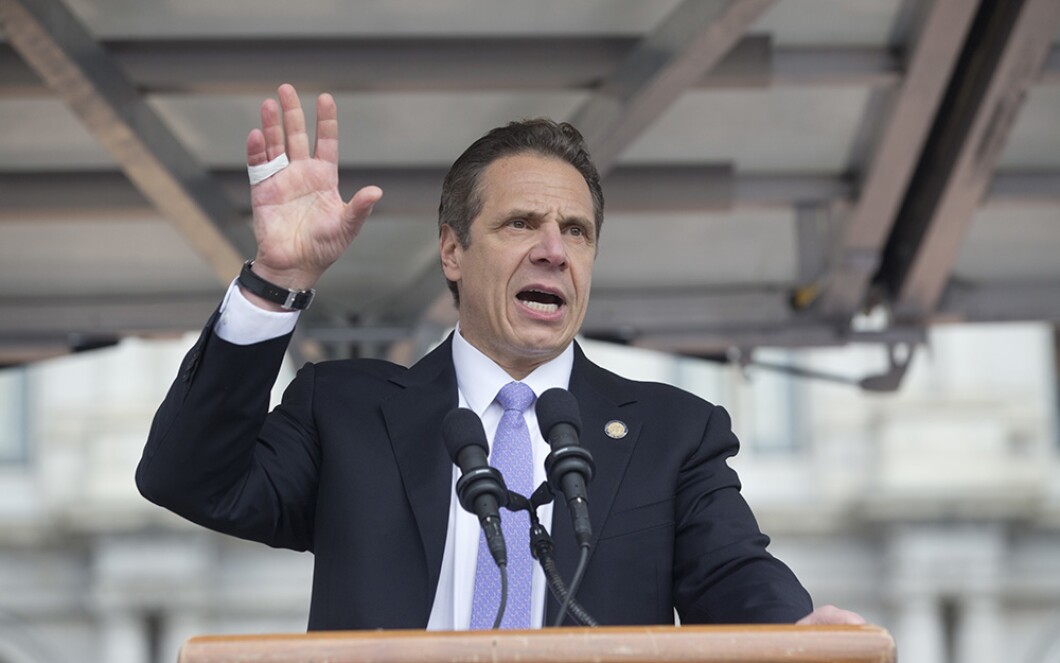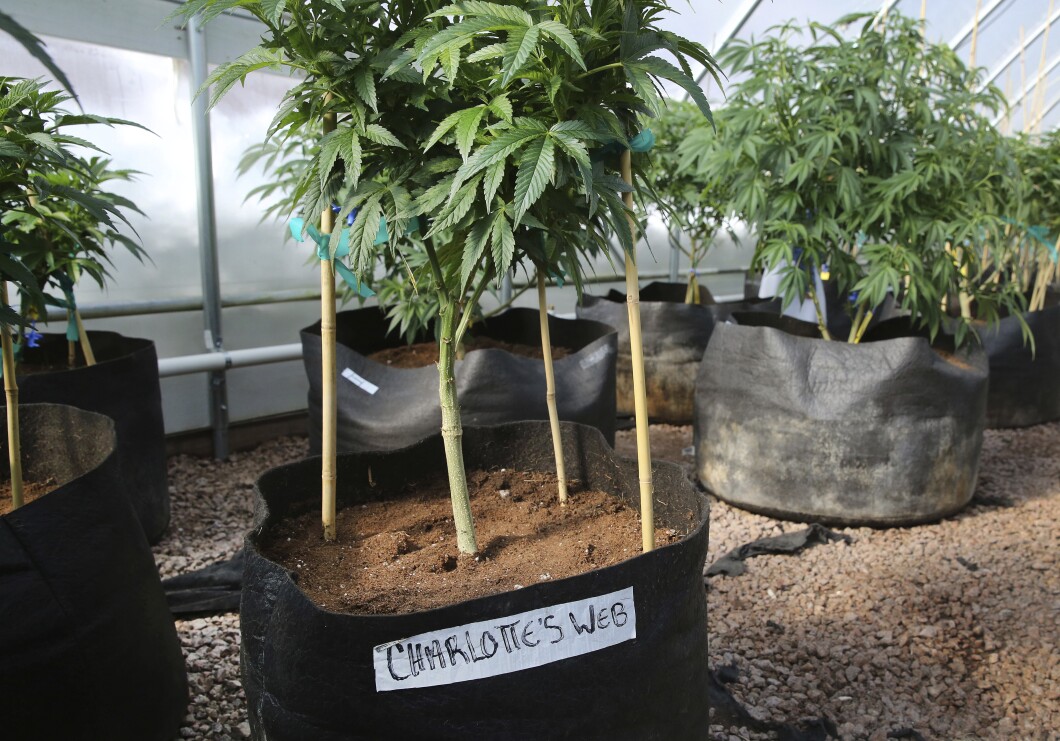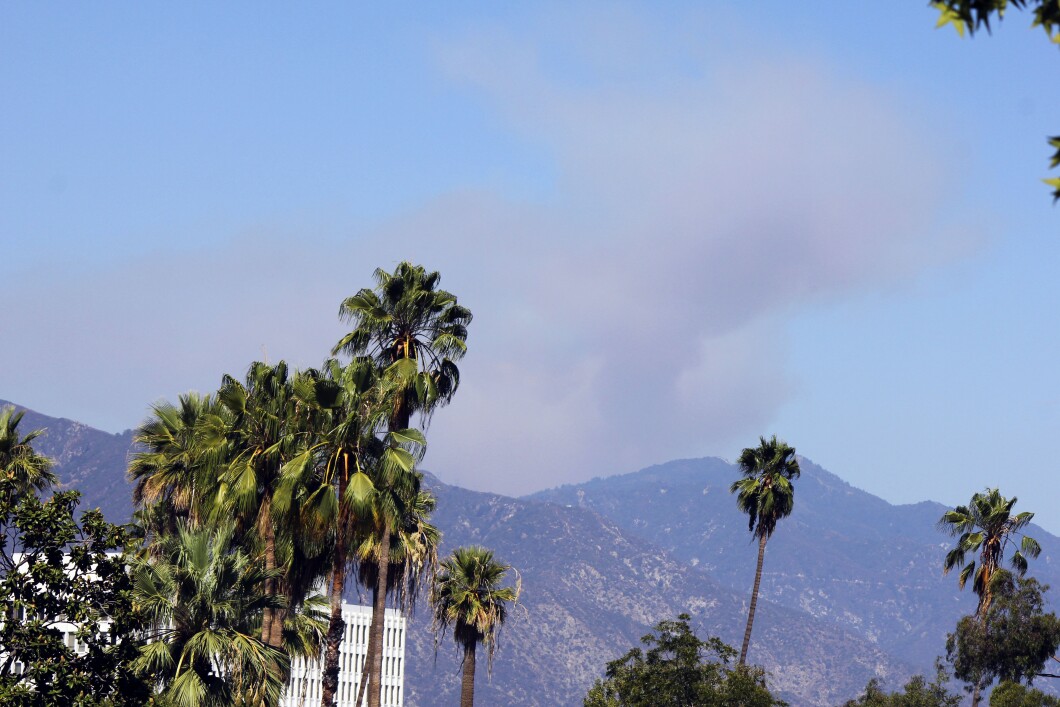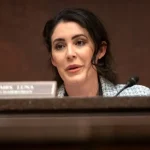
Two affiliated George Soros-funded groups are influencing marijuana legalization and decriminalization laws in Democratic-run states that have seen substance abuse and crime rates skyrocket in recent years.
Drug Policy Alliance and its advocacy arm, Drug Policy Action, received at least $2.8 million combined from the Soros-led Open Society Foundations network from 2016 to 2020, grant database records show. The Manhattan-based nonprofit groups are helping to lead a sweeping pro-drug campaign across the United States that has seen marijuana-friendly laws passed in various blue states, including Oregon and California, according to campaign finance disclosures and other reports reviewed by the Washington Examiner.
GAS PRICES TODAY: WHERE TO FIND THE CHEAPEST FUEL ACROSS THE COUNTRY
Drug Policy Alliance, which says it is “the leading organization in the U.S. promoting alternatives to the war on drugs,” was founded in 2000, while its sister advocacy and lobbying affiliate, Drug Policy Action, launched three years later, in 2003. The alliance supports “disempowering police in drug enforcement and response,” “reducing punishment for people in the drug trade,” and decriminalizing hard drugs like cocaine and heroin, according to its website.
“I see that as an unenlightened, uneducated, and non-academic recommendation that doesn’t have America’s best public health interests in mind,” David Gortler, ex-senior adviser to former President Donald Trump’s Food and Drug Administration Commissioner Stephen Hahn, told the Washington Examiner. “How will kids and young people be protected and what message does legalization send them?”
The alliance is also an offshoot of the Drug Policy Foundation, a group that in 2000 merged with the Lindesmith Center, a former project of Soros’s Open Society Institute, according to the OSF network. A 2014 report from the Washington Times indicated that Soros’s Foundation to Promote Open Society hands around $4 million per year to the alliance.
In turn, the OSF network has hailed Drug Policy Alliance as “the largest organization in the world working to end the war on drugs.”
‘Advancing social equity’
In 2021, then-Democratic Gov. Andrew Cuomo signed a law making New York the 15th state to legalize recreational marijuana use in the United States. The substance is now recreationally legal in almost two dozen states, including in Minnesota, where Gov. Tim Walz (D-MN) approved cannabis legislation on Tuesday.
One group behind the successful cannabis push in New York was Drug Policy Alliance, which “worked closely with advocates [and] communities impacted by prohibition and lawmakers” to get the Cuomo law over “the finish line,” according to the alliance. The alliance has disclosed hundreds of thousands of dollars in lobbying in New York since 2019, including on “cannabis/marijuana,” according to state financial reports.
But more than two years after its passage, the law has raised heightened concerns among criminal justice experts, who contend it paved the way for lawlessness.
Over 1,000 illegal cannabis stores popped up in New York City following the law, leading to Gov. Kathy Hochul (D-NY) in March 2023 requesting the state government authorize stricter “enforcement powers” and six-figure fines.

The illegal smoke shops, which proliferated due to a lagged system for entities to obtain licenses, have been ripe for robberies and other criminal activity, according to New York data. The cannabis law has also come under scrutiny for its championing of “social equity,” since it set a goal of 50% of licenses to be given to minorities.
“The way it has been implemented has been a disaster, because it hasn’t been enforced,” Cuomo said in an interview last week with WABC 770’s Rita Cosby. “You have a lot of stores that are not licensed to sell … and they’re not being shut down.“
Cuomo’s sentiment has long been held by experts who have analyzed the law, including Charles Fain Lehman, a fellow at the Manhattan Institute who works on the conservative think tank’s Policing and Public Safety Initiative.
“New York has selected the worst of both worlds approach where they aren’t really interested in regulating public health, but also the primary priority of the law is advancing social equity,” Fain Lehman told the Washington Examiner. “In the meantime, they’ve allowed the illicit and unregulated industry to flourish.”
‘Open air drug markets’
A second statewide substance push that the alliance and its advocacy arm supported was Oregon’s Measure 91 in 2014, which regulated, legalized, and taxed marijuana in the state, and also Proposition 110 in 2020. Drug Policy Action and its Oregon affiliate contributed at least $2.8 million to pro-Measure 91 committees between 2013 and 2014, campaign finance disclosures show.
Measure 110, on the other hand, decriminalized hard drugs and established a system in which someone caught with substances may either be fined up to $100 or call a hotline to receive information about addiction services. But few of those who have been ticketed have ended up in court or phoning the self-styled “treatment” hotline, according to a document released by the Oregon Judicial Department in April.
Between August 2020 and November 2020, Drug Policy Action poured over $2.35 million into the Prop 110 committee, according to campaign finance disclosures. It also loaned $150,000 to the committee, which reported a “loan forgiven” of more than $127,600 in May 2021.

The alliance’s executive director, Kassandra Frederique, hailed Prop 10 upon its passage as “a model and starting point for states across the country to decriminalize drug use.” The law faced scrutiny in January from Oregon’s then-secretary of state Shemia Fagan, who resigned in May after admitting to taking a role at the cannabis firm Veriede Holding. Her audit found the state lacked tracking metrics amid Oregon ranking second highest in the U.S. for substance use disorders, while coming in last for treatment access, according to multiple reports.
Meanwhile, over half of Oregon’s addiction treatment programs have not maintained adequate funding and staffing to meet rising demand, according to testimony before lawmakers in 2022. Over 1,100 Oregonians died from overdoses in 2022, a near double since 2019, according to the National Center for Health Statistics.
The 2014 passage of the marijuana law paved the way for Measure 110 and issues that have coincided with it, according to Dru Draper, a top communications adviser for Oregon’s state House GOP.
“It began the process of creating a culture of drug use in Oregon,” Draper told the Washington Examiner. “From there, they went from marijuana to methamphetamine and heroin. Homeless camps are turning into open-air drug markets.”
‘A devastating impact’
California is another Democratic-led state that has witnessed the influence of the alliance, whose advocacy arm contributed $530,000 to the state’s committee for Prop 64, which passed in 2016 and “specified personal use and cultivation of marijuana for adults 21 years of age or older” and “reduce[d] criminal penalties for specified marijuana-related offenses for adults and juveniles,” according to campaign finance disclosures.
Drug Policy Alliance and Drug Policy Action raised over $5 million to fund the Prop 64 effort by “coordinating the political mobilization, social media, public relations and more,” according to the alliance, which says it “played a key leadership role in the California campaign.”
The law has resulted in a “surge in illegal cannabis on a scale California has never before witnessed,” a Los Angeles Times investigation revealed in September 2022. Police have since been overwhelmed in trying to address the plethora of unlawful marijuana farms, according to the outlet.
These legal loopholes have roughly coincided with spiked substance use rates in California, with a January 2022 study finding that 20% of Californians over the age of 12 used marijuana in the past year.
“The decriminalization of drug use has had a devastating impact on our communities,” said Republican California assemblyman Bill Essayli, citing the state’s 2016 Prop 47 law, which allowed prior felonies related to substances like heroin and cocaine to be classified as misdemeanors.
“I do think that people who start using marijuana are probably not going to stop at marijuana, so I do have concerns about it,” Essayli told the Washington Examiner.

As far as the alliance, it has come out in opposition to bipartisan federal legislation that would permanently place fentanyl-related substances in Schedule I, a category for drugs that have high abuse potential and no medical use. Fatal overdoses from fentanyl increased by 94% between 2019 and 2021, according to the Justice Department.
“In a disappointing setback, the U.S. House passed the HALT Fentanyl Act,” the alliance says in a petition it has been circulating on social media. “It would ramp up harsh mandatory minimum sentences for fentanyl analogs. And it would permanently make all fentanyl-related substances Schedule I without first testing them for benefits or harm.”
Our communities deserve a health approach to fentanyl, not increased punishment that has exacerbated harm for far too long. Yet, today, the House outrageously passed the HALT Fentanyl Act, an incredibly dangerous bill that would ramp up drug war punishment and greatly increase… pic.twitter.com/GBduIIhgSd
— Drug Policy Alliance (@DrugPolicyOrg) May 25, 2023
CLICK HERE TO READ MORE FROM THE WASHINGTON EXAMINER
Drug Policy Alliance and the Open Society Foundations did not reply to requests for comment.




